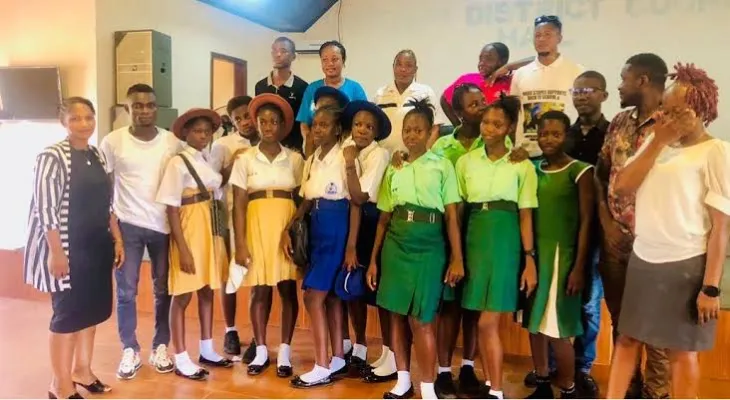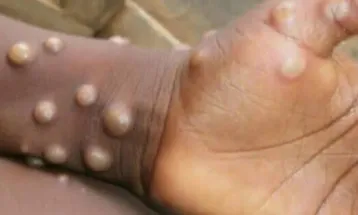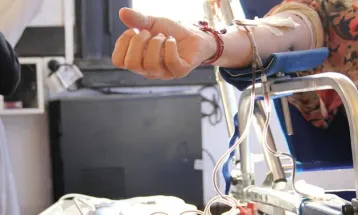
Marie Stopes Sierra Leone Hosts Sexual and Reproductive Health Workshop for School Health Club in Pujehun District
On October 8, 2024, Marie Stopes Sierra Leone organized a one-day workshop focused on educating young people about Sexual and Reproductive Health (SRH) and family planning. The event, held at the Ministry of Rural Water and Sanitation in Pujehun Town, aimed to raise awareness and improve understanding of SRH, particularly among adolescents in rural communities with limited access to health information and services.
The workshop brought together students, educators, and health professionals to provide young people with the knowledge and tools needed to make informed decisions about their reproductive health. Adama Dorkas Koroma, Regional Integrated Marketing Lead for Marie Stopes Sierra Leone, emphasized the importance of educating adolescents on SRH, noting that this stage of life is crucial for understanding and protecting their health and future.
Koroma also highlighted the role of family planning in preventing unintended pregnancies, reducing maternal mortality, and promoting gender equality. By equipping young people with information about contraceptive options and reproductive health, they can better pursue their education and career goals without the challenges of early pregnancy.
Participants engaged in interactive sessions covering topics like the use of contraceptives, menstrual hygiene, sexually transmitted infections (STIs), and adolescents' rights to reproductive health services. Marie Stopes experts demonstrated various contraceptive methods and debunked common myths surrounding family planning, fostering open discussions and addressing students' concerns.
Mariama Fortune, a student from Holy Rosary Secondary School, expressed her gratitude for the initiative, saying the information shared during the workshop would help her and her peers make more responsible decisions about their health and family planning.
Marie Stopes Sierra Leone plans to continue such engagements across other districts to further reduce teenage pregnancy rates and enhance access to reproductive health services for young people, particularly in underserved areas.

















